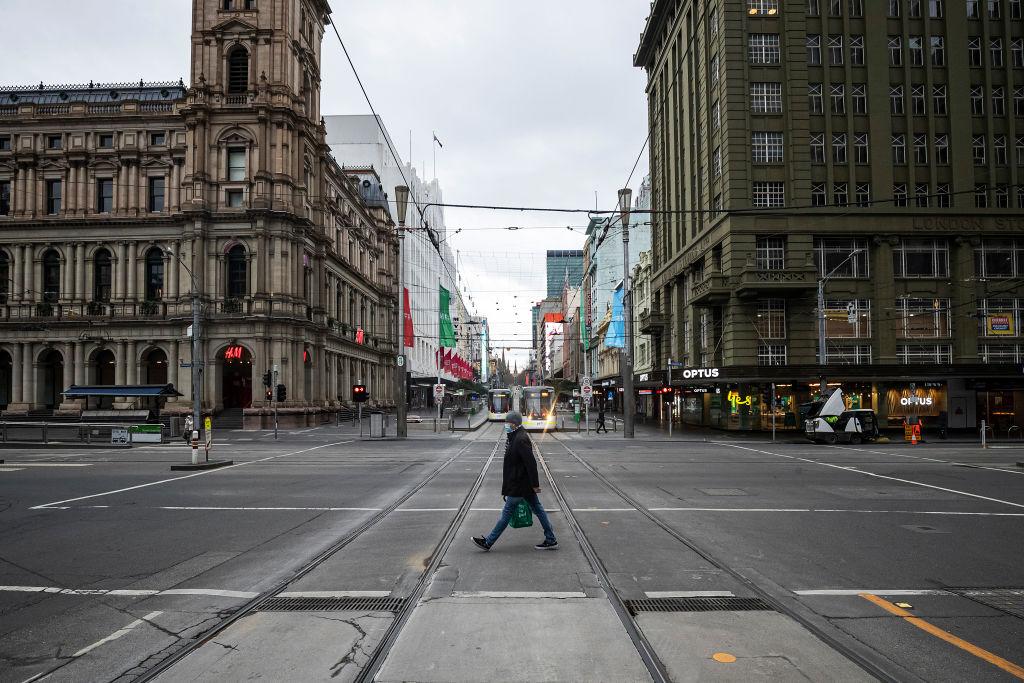Commentary
The view that COVID-19 lockdowns were draconian and often tyrannical is gaining strength throughout the world. For example, Human Rights Watch has accused the UK government of setting aside “human rights for the sake of political expediency” and excoriates it for its “worrying disdain for the rule of law.”





